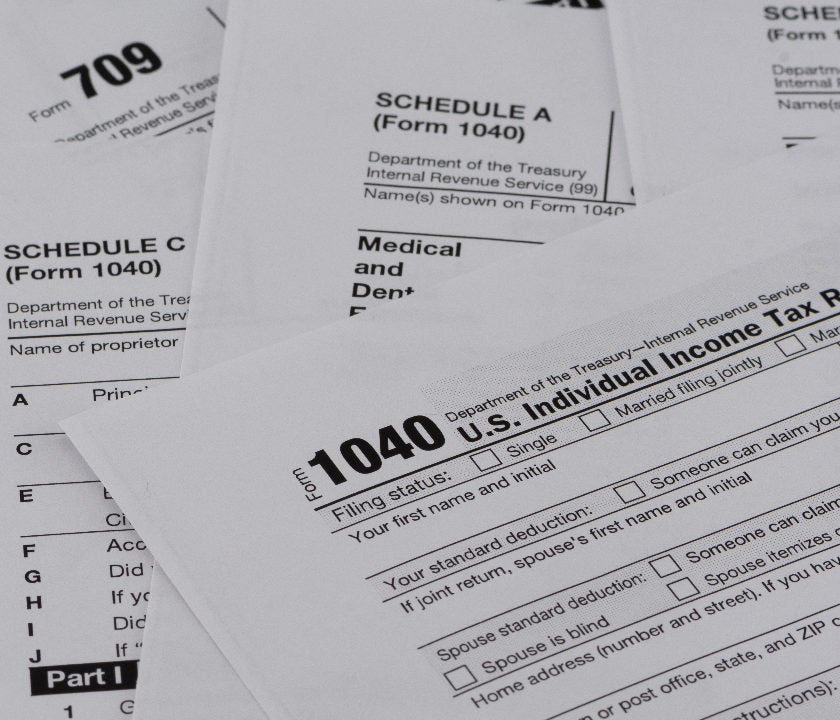
Trading is classified as a business by the irs — meaning those who participate, much like in any business, can deduct their operating costs. Federal tax brackets run from 10 percent to 37 percent.

Traders eligible for trader tax status (tts) can deduct all reasonable business expenses.
Tax deductions for stock traders. You can deduct only $3,000 in net capital losses each year. Two tax benefits catch their eye: This list is meant as a guide and if you have questions about taking a deduction, please feel free to schedule a consultation.
Green will discuss how to maximize tax deductions for traders. So if you made one hundred thousand dollars from trading and spent twenty thousand dollars on the business expenses, then only eighty thousand dollars of that profit is taxable income all the common tax deductions. Section 179 (100%), bonus, and regular depreciation.
We’ve compiled a list of the most common tax deductions available for a trader who qualify for trader status. The top 20 tax deductions for day traders. The top 5 tax deductions for day traders!when you level up in your trading career you start incurring pretty significant costs!
Please note that the irs has an entirely set of different rules for traders classified as “investors”. Tangible personal property like a computer, up to $2,500 per item. This deduction is over and above the rs.
An individual trader’s expenses relating to his trade or business are usually fully deductible under irc §162 as “above the line” items. So a $3,000 loss on stocks could save you as much as $1,110 at the high end (37 percent *. View solution in original post 2 reply 32 replies
Traders eligible for “trader tax status” (tts) deduct business expenses, startup costs, and home office deductions. Thus, unlike an investor, most of an individual trader’s expenses (within reason) are deducted on schedule c rather than as itemized expenses on schedule a. Traders must report gains and losses on form 8949 and schedule d.
A home office deduction for your business activities, subject to irs rules. • learn how to claim trader tax status (business expense treatment). Because trading is not considered a business activity by the irs, all the expenses necessary to trade are not eligible as tax deductions.
Like many small business owners, traders eligible for trader tax status (tts) are considering to restructure their business for 2018 to take maximum advantage of the “tax cuts and jobs act” (act). For a trader, these might include: Traders eligible for trader tax status (tts) can deduct all reasonable business expenses.
1 lakh limit under section 80c. However, if you’re married and use separate filing status then it’s. 703 , basis of assets.
Trading is classified as a business by the irs — meaning those who participate, much like in any business, can deduct their operating costs. So, let’s say you rack up $25,000 in trading losses this tax year. • consider a 2019 section 475 election for tax loss insurance.
Deduction of 50% of investment up to rs. Please note that the irs has an entirely set of different rules for traders classified as “investors”. Federal tax brackets run from 10 percent to 37 percent.
You can only deduct the amount exceeding the 2% floor and only if you utilize itemized deduction. In this video i discuss the. Commissions and other costs of acquiring or disposing of securities aren�t deductible but must be used to figure gain or loss upon disposition of the securities.
A tts trader may elect section 475 for exemption from wash sale loss adjustments. However, you can deduct 100% of your trading losses against other sources of income. • there are lingering questions about whether a trader is eligible for a “qualified business income” (qbi) deduction.
Tax season after tax season it amazes me just how many tax deductions traders miss! Additionally, all trading losses incurred can only be deductible against your ordinary income up to $3000. We’ve compiled a list of the most common tax deductions available for a trader who qualify for trader status.
However, you also have a graphic design business. These expenses would then only become deductible if they add up to exceed 2% your adjusted gross income before itemized deductions. Essentially, you can deduct all the expenses you spent to generate that trading income.
Deduct the expenses involved in your trading activities.